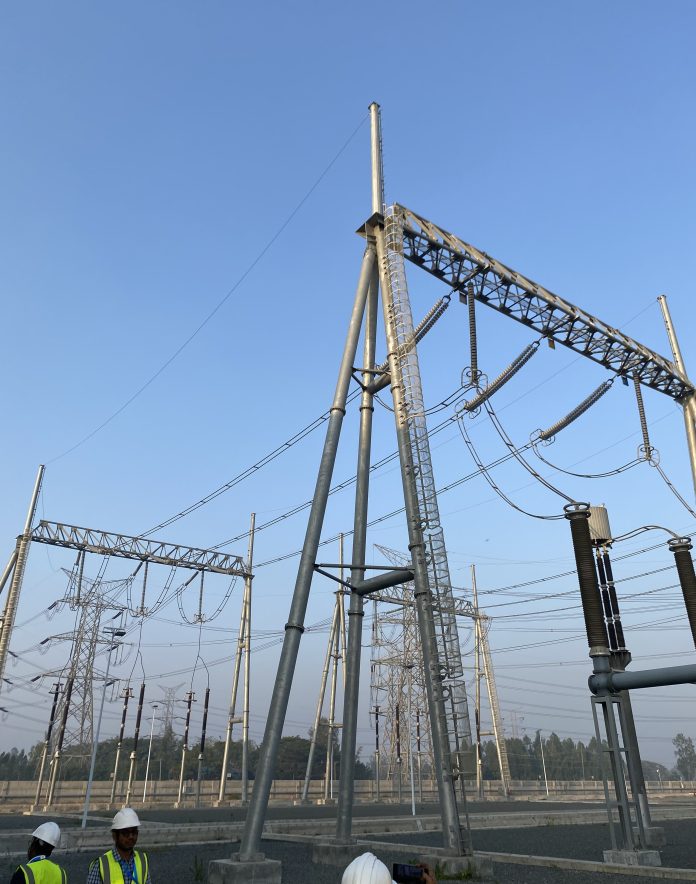The interim government is planning to slash power sector subsidies by Tk 250 billion (Tk 25,000) in the upcoming fiscal year, reducing it from the current Tk 620 billion, as part of a three-year reform roadmap (FY26–FY28) to narrow the gap between electricity generation costs and retail prices, according to a senior Power Division official.
“We aim to significantly reduce the gap between generation costs and consumer tariffs… but there are no plans to increase electricity prices at this stage,” the official said ahead of the International Monetary Fund (IMF) team’s visit, which begins today.
Decisions on any tariff adjustments, the official added, will be left to the next elected government.
Currently, the bulk tariff of electricity is Tk 7.04 per kilowatt-hour, while the supply cost is Tk 12.15. The retail tariff at the consumer level is Tk 8.95 per kilowatt-hour, with an additional 20 percent demand charge and various other fees.
IMF Team to Review Power Reforms
The IMF delegation will hold meetings from June 18 to July 1, 2025, with the Power Division, Bangladesh Power Development Board (BPDB), and other stakeholders.
During the visit, the government will brief the IMF on reform measures undertaken over the past nine months to reduce subsidies and improve financial efficiency in the sector.
Cost-Saving Measures Underway
Officials said nine cost-saving initiatives have already been rolled out. A key step involves revising the coal pricing formula with Adani Power, expected to save about Tk 114.44 billion on private-sector power purchases.
Additionally, three joint-venture coal-fired power plants—Bangladesh-India Friendship Power Company, Bangladesh-China Power Company, and RPCL-Norinco Power Plant—have been instructed to review inconsistencies in their Power Purchase Agreements (PPAs) to enhance transparency and accountability.
Moreover, 23 state-run power plants under entities such as NWPGCL, APSCL, EGCB, RPCL, and BRPL have been asked to reassess their PPAs. This measure alone is projected to save Tk 26.30 billion annually.
In total, the government expects to save Tk 140.74 billion in FY2026 through these reforms, according to the Power Division.
“We’ve already outlined our reform progress in preparatory discussions ahead of the IMF’s arrival,” the official added.
Phasing Out Subsidies, No Immediate Tariff Hike
Power and Energy Adviser Muhammad Fauzul Kabir Khan earlier reaffirmed the government’s commitment to reducing the subsidy burden through improved internal management and structural reforms.
The Power Division plans to phase out substantial subsidies within two years—without raising tariffs in the immediate term. However, a price hike may become necessary in FY2027, depending on production costs and policy decisions by the incoming government.
“There are also discussions about introducing area-based electricity pricing—where higher-income areas like Gulshan, Banani, and Dhanmondi could face higher rates,” another official said on condition of anonymity.
IMF Roadmap Support Expected
The government has requested the IMF to appoint a consultant to assist in implementing the three-year reform plan.
“We expect the IMF to submit a proposal on the power sector roadmap during the visit,” another Power Division official said, reiterating that no immediate price hikes are on the table.
Professor M. Tamim, an energy sector expert and Vice-Chancellor of Independent University, Bangladesh (IUB), welcomed the reforms. “The focus on internal improvements is a timely move and will help maintain tariff stability,” he said.

